Four dental hygienists. One dentist. 99 combined years together: The secret to keeping a team intact
One of the most common business headaches for a dental practice is staff turnover.
One of the most common business headaches for a dental practice is staff turnover.
There are a myriad of reasons why a dentist may have a hard time keeping his or her team together, but there is always one constant about a change of personnel … it makes business a little more difficult until a new hire is in place and up to speed.
My dear friend Linda Miles recently told me about a dental practice in Fargo, N.D., that has four dental hygienists on staff who have a combined 99 years at the practice! Yes, two of Dr. Paul Fredrikson’s hygienists have worked for him for 30 or more years, and another is nearing her 30-year anniversary at the practice. Think about this … the “new kid on the block” has been there for 11 years. Wow.
How has this one North Dakota dentist kept his team together for so long? That’s what I asked him and each of his hygienists in this exclusive look inside a dental practice with a true “family atmosphere.”
Bev (started working at the practice on September 2, 2003)
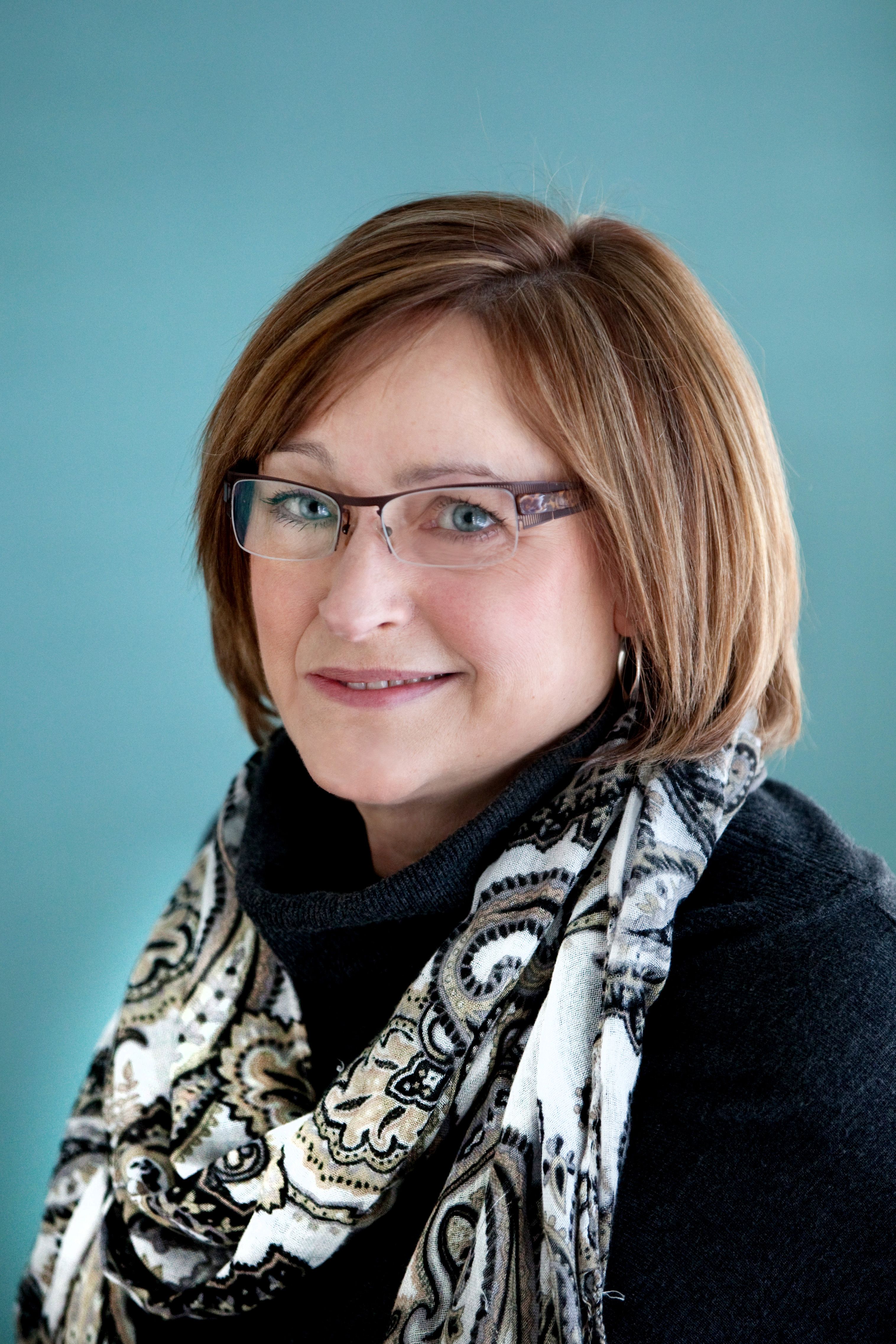
How did you get into dental hygiene?
I grew up in rural North Dakota and always liked the dental office. I looked forward to going to the dentist every six months. In the eighth grade, I looked up what being a dental hygienist meant and I did a report on it. I wanted to be in dentistry, but I didn’t want to go to school as long as was needed to become a dentist.
What brought you to this office?
When my youngest graduated from high school, my husband and I wanted to move back near family so we looked in the Fargo area. I sent out my resume and Dr. Paul was looking to hire a hygienist. I had a perio background so it was a smooth transition into the new practice.
What has kept you in one office for so long?
The secret to working with Dr. Paul and this office so long is the patients. I totally enjoy interacting with them and I like going to work every day. I think you have to enjoy what you do, and I’m very lucky to be in a situation with a dentist who has dignity and is a leader. I always feel like we are on the same page and there is a mutual respect between us. He shows his caring and respect for his team members and he tells us that as well. He leads, but he asks our opinions. While some things may change, it always boils down to giving the best care possible to our patients.
Talk about some of the major changes you’ve seen in hygiene.
Patients now expect to have their teeth cleaned regularly. They don’t expect to lose their teeth when they reach a certain age. Going to digital imaging was such a change but I wouldn’t give that up for anything now. Any new technology isn’t that hard of an adjustment if you go to seminars and learn how to use it properly.
What advice would you give to the next generation of hygienists?
I think a lot of the success or failure of a hygienist has to do with mindset. You have to be open to change, but you always have to keep the patient in mind and focus on providing the best care possible. If you really care about your patient and his or her health, everything else will fall into place. Treat every patient like a person, not just an appointment on the schedule.
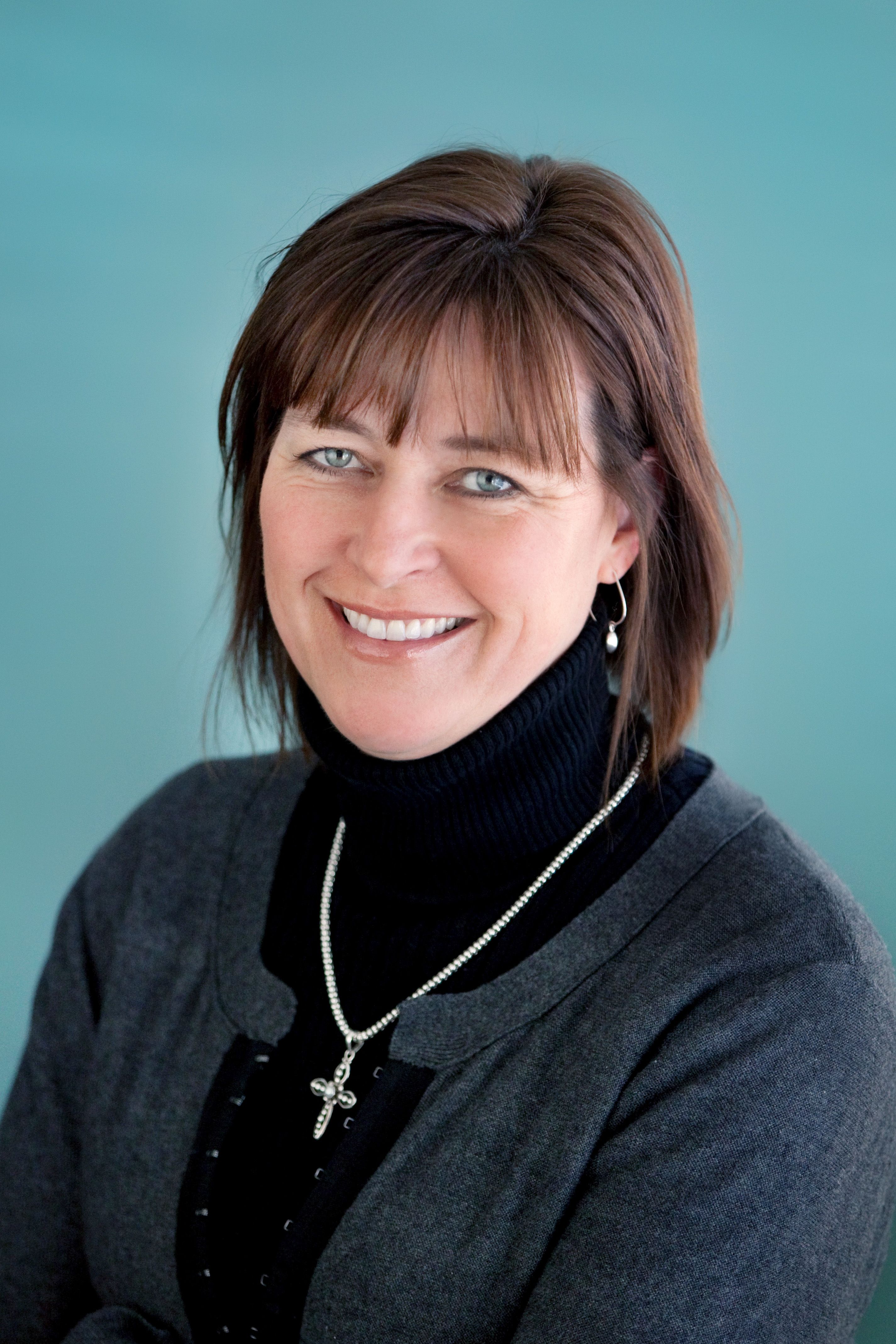
Rhonda (started working at the practice on November 27, 1984)
How did you get into dental hygiene?
As a senior, I took a skills test and hygiene was one of the jobs I was suited for. I knew I wanted to be involved in medicine and hygiene seemed like a good possibility. My girlfriend was excited about becoming a hygienist so I went ahead and did it … but she didn’t (laughing). It’s been a good career for me. I love being able to help people stay healthy.
What do you like best about the practice?
Dr. Paul doesn’t jump to be the first person to get something in the practice. He stays very current on technology and education and truly cares about his patients. He listens to us, asks us for our opinions, and respects our decisions. The patients are a highlight of the day for me. I have gotten to know the patients as family, and I have seen kids who are now bringing in their kids for checkups.
How have you seen hygiene change?
It focuses much more on prevention today. I think we all understand that if the mouth is healthy, the body will be healthy as well. Our patients respect that and they’re much more educated.
What is the working dynamic like between so many veteran hygienists?
It’s great. We use each other as a sounding board and we know we can always go to each other for advice.
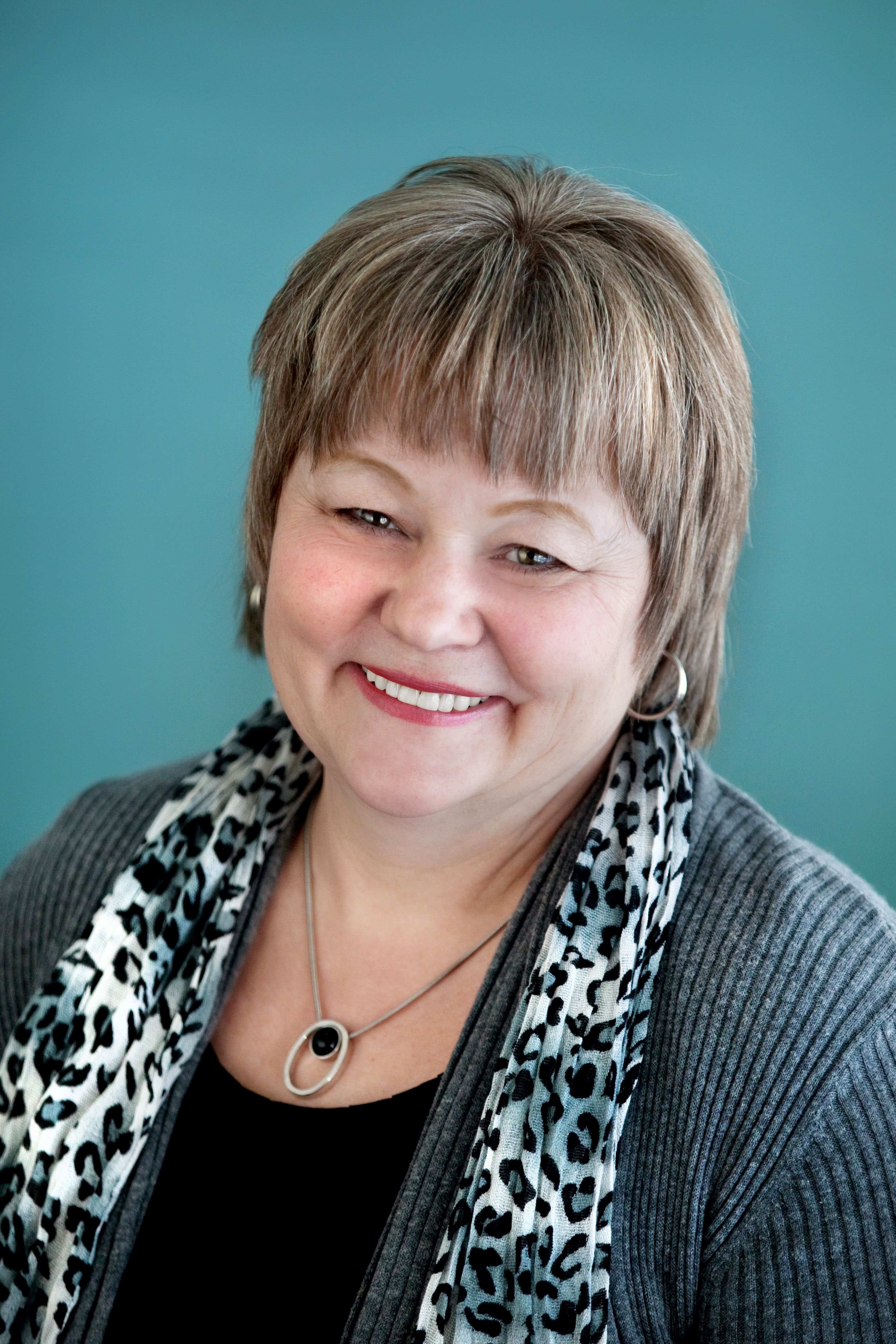
Nancy (started working at the practice on April 2, 1984)
How did you get into dental hygiene?
Growing up, I babysat for our family dentist. When I was a sophomore or junior in high school, he hired a hygienist and that was the first hygienist I had ever seen. I married my high school sweetheart and he was looking at North Dakota School of Sciences. They had a dental hygiene program there and my guidance counselor encouraged me to pursue it. My hygienist encouraged me as well.
What brought you to this office?
My husband still had two years of school left and I applied for a hygiene position with Dr. Paul. I told him in the interview that my husband had two years of school left and we might be moving. Well, we are still here.
Talk about some of the major changes you’ve seen in hygiene.
Dr. Paul was wearing a mask in the operatory before anyone else, and long before the AIDS epidemic began. I still remember trying to order gloves for the office right after AIDS started making headline and we could hardly get any because of a shortage. I used ultrasonics in school but was told by so many people to not rely on that because they wouldn’t be in too many offices. Other things that stand out to me are moving from paper charts to digital and the dawn of periodontics in the 1980s. It seems insane now to think we wouldn’t check a dental patient for periodontal disease.
What do you like best about the practice?
Dr. Paul has always been on the cutting edge and encouraged us to pursue CE. He’s a great leader who has always provided a great workplace and opportunities for all of us. His integrity is an example to all of us. Excellence is his motto and he leads by example. We feel very appreciated. Monetary rewards are great, but it’s even better when you feel appreciated and encouraged.
What advice would you give to the next generation of hygienists?
Get into a practice with a dentist who has high qualities. If you’re not in a practice like that, you set an example and be on the cutting edge. Teamwork is so important so make sure you are a good teammate.
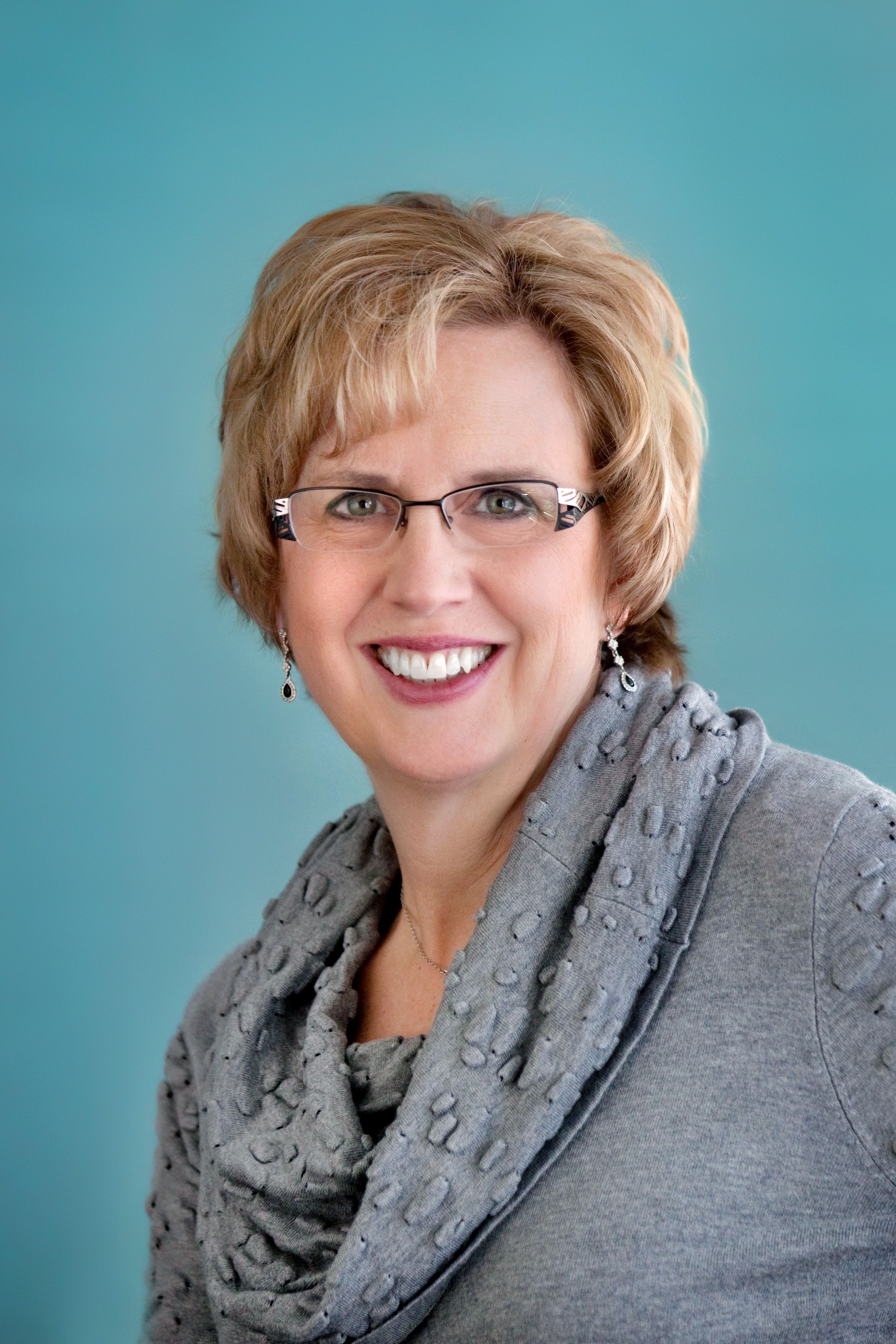
Janet (started working at the practice on January 27, 1986)
How did you get into dental hygiene?
I wasn’t sure what I wanted to do. I got into the profession and have loved it. It’s amazing how the profession has changed over the years. It’s so much more related to health now and not just “cleaning teeth.” The RDH used to be just the cleaning person. It wasn’t perceived as a profession.
What brought you to this office?
Nancy was a classmate of mine. She knew the practice was looking for another hygienist and I applied. We are a great team and work well together. It’s so important to care about each other as well as the patients. We have a wonderful relationship between the hygienists and Dr. Paul. There is mutual trust and respect.
What advice would you give to the next generation of hygienists?
Never get too old to learn. Stretch your boundaries so you will grow in your profession. If you do education with your patients, they will buy into your care and take responsibility for their mouths. Yes, clinical skills are important, but so are interpersonal skills.
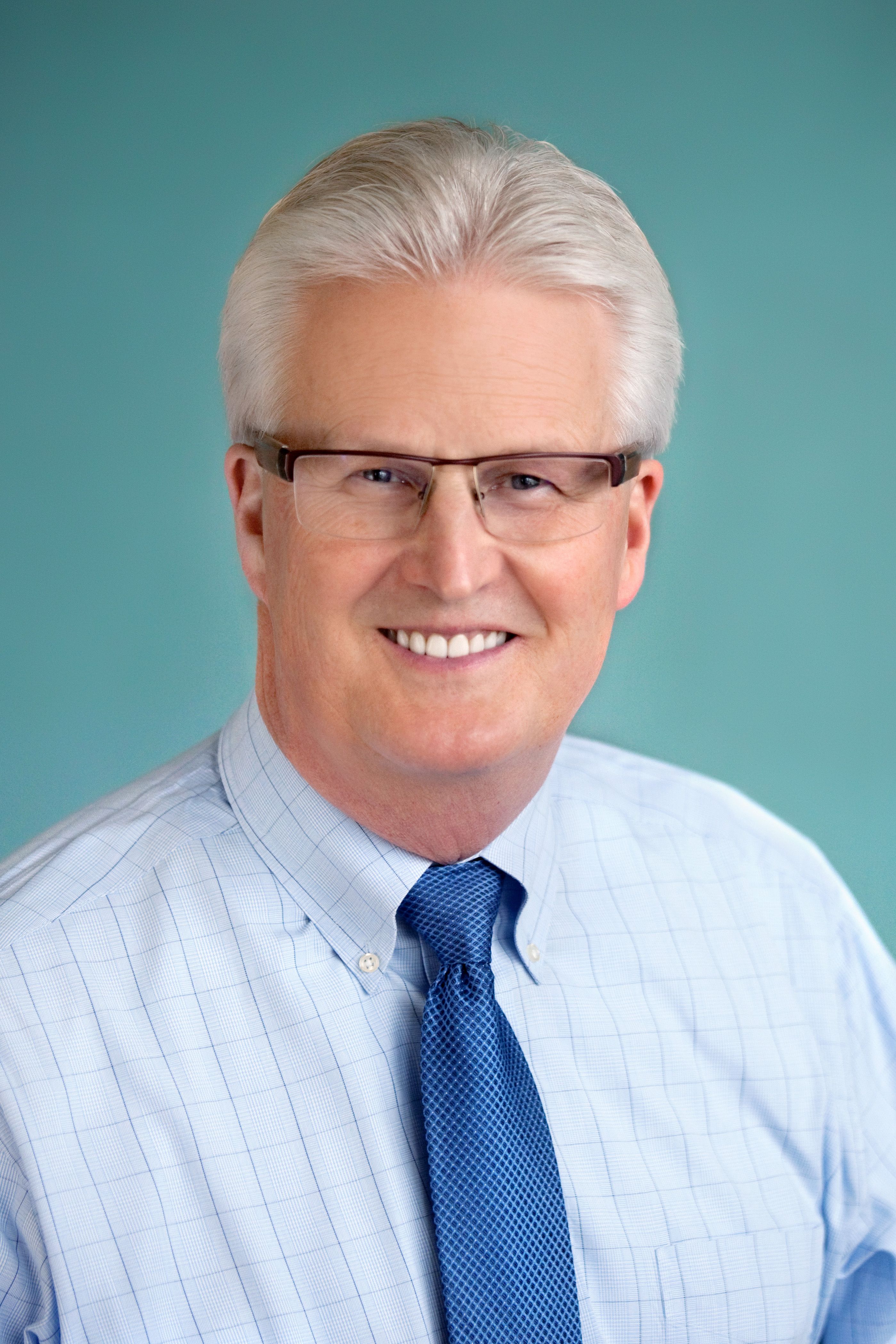
Dr. Paul Fredrikson
Describe the working relationship you have established in your practice.
The foundation of our practice comes from valuing each person as a member of the team. We never use the word “staff” here. The value of team is a foundational truth for us. Communication is also very important for us. At the morning huddle, we not only talk about the schedule coming up but also the lives of our team members. We make sure that everyone knows that the only not smart question is one that isn’t asked. We want to make sure that we use each other’s expertise to benefit our patients and the practice. Any time that we have a new hire, we tell that person that if he or she doesn’t like change, this isn’t the place to be.
New hire? Seems like you are able to keep your team members for very long periods of time. What’s the secret?
We respect one another. We trust each other. They know how things should be handled in the practice and I trust them to do that. After so long, we almost know what the other person is thinking. I always want them to be able to come to me with a question or concern. I want to keep going and practicing and so do my team members. Most of us are over 50. Some are over 60. I think we’d all like to retire together, but they may have to retire before I do because I plan to keep practicing (laughing).
The word “family” has been brought up often when I’ve talked to the hygienists in the practice. Could you talk about the family atmosphere you’ve created in the practice?
For me, it truly is a family experience. I am very blessed to have my wife and daughter working as a part of this practice. Additionally, I firmly believe that the office team cannot be successful without the support of their spouses, children, and families. In our practice, I would say that not only are the patients regarded as family, but the team members consider themselves family to each other. They are involved in each others' lives, they pray for each other during team huddle, and support each other during times of crisis or health issues. We also make sure that spouses are included in the Christmas party each year as well.
With the patients being regarded as “family,” talk about the relationship between your team and the patients.
They aren’t just our patients. They really are a family to us. My team is very caring and considerate. Our office is known as a place of healing for dental fears. Sometimes, the best thing I can do for a patient is put him or her at ease. I think that’s something my entire team believes.
You have a unique set-up for your weekly team meetings. Tell me about that.
Every Thursday, we block off time for lunch, which I pay for. We have lunch and a team meeting. We talk a lot about the practice, and we also open up to each other on the best “learning experience” we had that week. A lot of times, these are bloopers and mistakes that were made, but we take the time to learn from those mistakes. We also rotate discussion topics and delegate different topics to different team members to lead and discuss.
What’s your advice to other dentists reading this article?
Empower your team. Equip them to be the best they can be. Allow them to embrace the gifts that they have for their careers. We celebrate each team member and what she brings to the practice. I want to lead by example so we are constantly working with practice management consultants on our weakest area and focusing on how we can improve that.
Also, commit to excellence in your practice. And never, ever forget that you can never outgive a good team.
Floss and Flip Flops Episode 13: The Focal Point of Infection
January 10th 2023The Sanders Sisters jump into 2023 with a discussion of the many conditions that display some of their earliest symptoms in the oral environment, and all the ways this can connect to systemic issues that can become serious health challenges for patients.
Floss & Flip Flops Episode 12: The 12 Medical Conditions of Concern…and a Partridge in a Pear Tree
December 2nd 2022Join the Sanders Sisters as they welcome the holidays and the last episode of their first season of Floss & FlipFlops! In this episode, the sisters discuss the 12 medical conditions on Santa’s list that can indicate a bigger systemic complication, and how you can integrate your knowledge of these conditions in helping your patients achieve lifelong health!